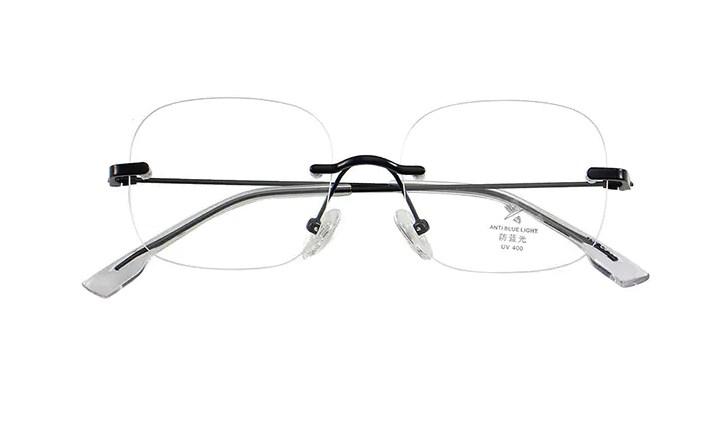With the advent of the digital age, people increasingly rely on electronic devices for work, study, and entertainment. However, prolonged exposure to the blue light emitted by these devices can harm our eyes, especially for middle aged and older adults. This is where anti blue light reading glasses come into play, offering a solution to protect vision. This article delves into the working principle of anti blue light reading glasses and their benefits for eye health, helping readers better understand this product.
The Working Principle of Anti Blue Light Reading Glasses
The effectiveness of anti blue light reading glasses in reducing the harmful effects of blue light primarily stems from their specialized lens materials and technologies. These lenses typically use multi layer coating technology, which reflects or absorbs most of the harmful short wavelength blue light, thereby reducing its impact on the eyes. Additionally, some advanced anti blue light reading glasses incorporate UV protection, further enhancing their protective capabilities. Through such designs, anti blue light reading glasses not only alleviate eye strain but also help prevent vision decline caused by prolonged use of electronic devices.
Benefits of Anti Blue Light Reading Glasses
Reducing Eye Strain: Spending long hours staring at screens often leads to dry, tired eyes. Wearing anti blue light reading glasses can effectively reduce the irritation caused by blue light, helping to alleviate these discomforts and keep the eyes more comfortable.
Improving Sleep Quality: Research has shown that excessive exposure to blue light in the evening can interfere with the body's production of melatonin, disrupting normal sleep patterns. Using anti blue light reading glasses can help mitigate this interference, leading to better sleep quality.
Preventing Myopia Progression: For children and teenagers, overuse of electronic devices is a significant factor in myopia progression. Parents who choose suitable anti blue light reading glasses for their children can help them use electronic devices more safely and potentially slow down the progression of myopia.


